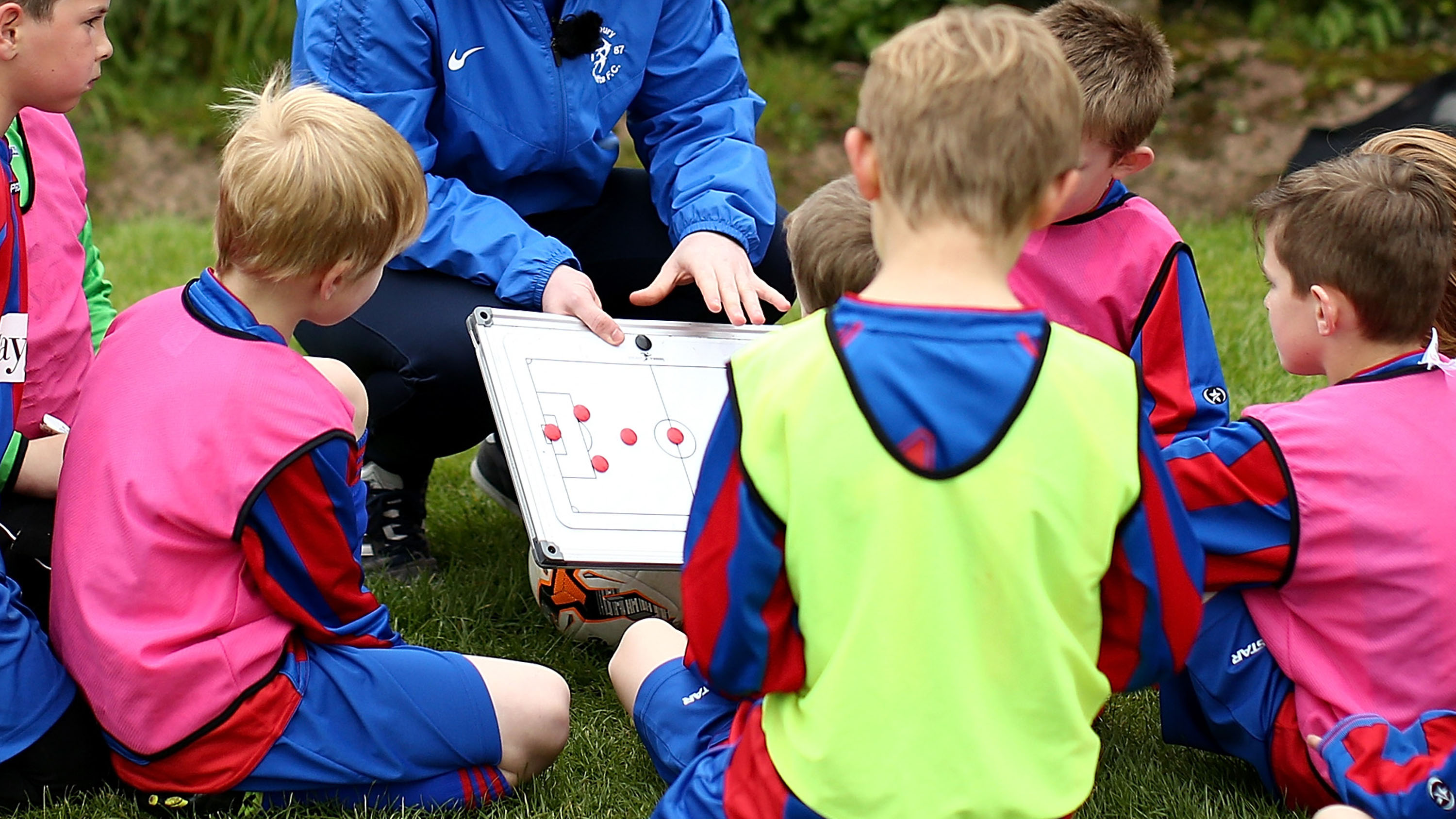
How to support technical/tactical development
- The Boot Room
- 01 October 2018
To encourage your players’ technical and tactical development, you need to challenge them in different ways.
This can be as simple as creating an environment that includes a variety of game-like situations, formats, overloads and constraints.
Tailoring your coaching means that you can meet different needs – and it's fun for your players too. Futsal is another great tool. This game, with its heavier ball and smaller pitch, can help your players to hone their skills. It provides the perfect opportunity to play under pressure, deal with tight spaces and get creative.
The England DNA wants children to feel confident and capable in possession. If you move too quickly towards an adult version of football, your players may fail to develop important skills and abilities. For more info about how to support your Foundation Phase team, scroll down now.
Step one: players aged 5-8
At this age, it’s all about promoting ball contact, movement and small-sided games. Two versus two (2v2) is a great place to start: it gives the opportunity to work individually and provides a passing option if needed. Whilst younger children may not pass often, the benefits of being part of a game – and being on and around the ball – shouldn't be underestimated.
Our top tips:
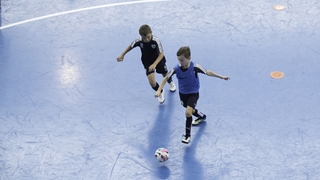
1.
Use lots of small-sided games, including futsal – this avoids queues and 'line' practices.
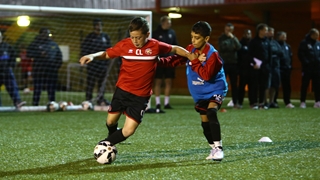
2.
Build in lots of ball contact to every session.
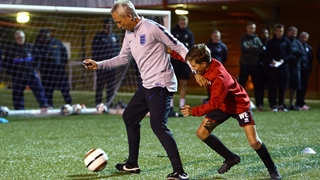
3.
Promote play – it's a great way for your team to discover new techniques
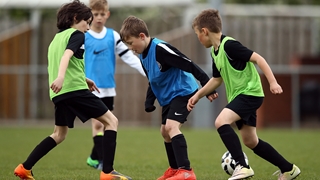
4.
Use different challenges and groupings to meet individual needs.
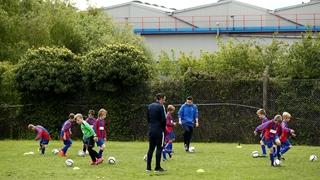
5.
Encourage your team to travel, turn and dribble with the ball.
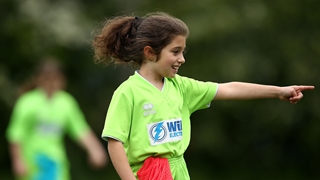
6.
Don't make all the decisions: allow your players time for exploration and experimentation.
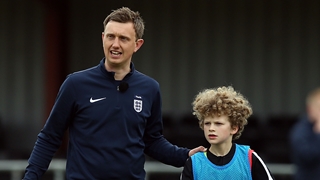
7.
Accept mistakes – develop a kind, caring and patient approach.
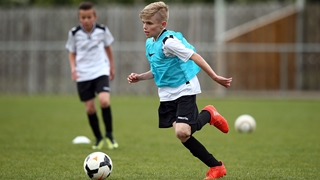
8.
Don't focus too much on passing; allow it to happen naturally instead.
Don't forget that, as your team gets older, these tips still apply and you should continue to use them in your sessions wherever possible.
Step two: players aged 9-12As your team enter the later stages of the Foundation Phase, the benefits of focusing on individual technical ability should start to show. This is exciting; it demonstrates the confidence that can develop when we get our priorities right.
Continue to challenge your players by asking them to suggest solutions to tactical problems and by involving them in increasingly realistic situations – both during sessions and competitive matches.
Our top tips:
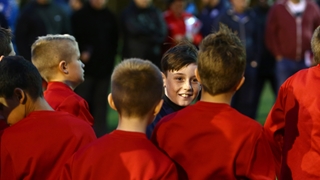
9.
Use activities and games that have some structure, but encourage the freedom to 'just play'.
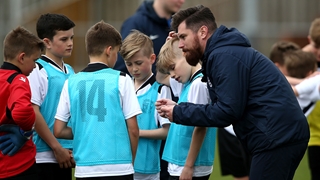
10.
When they're ready, help your players to begin to make sense of the game.
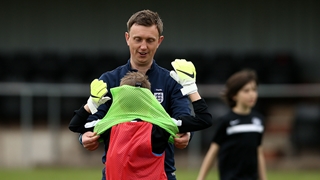
11.
Allow your team to play in different positions – during development it can be hard to work out their best fit.


